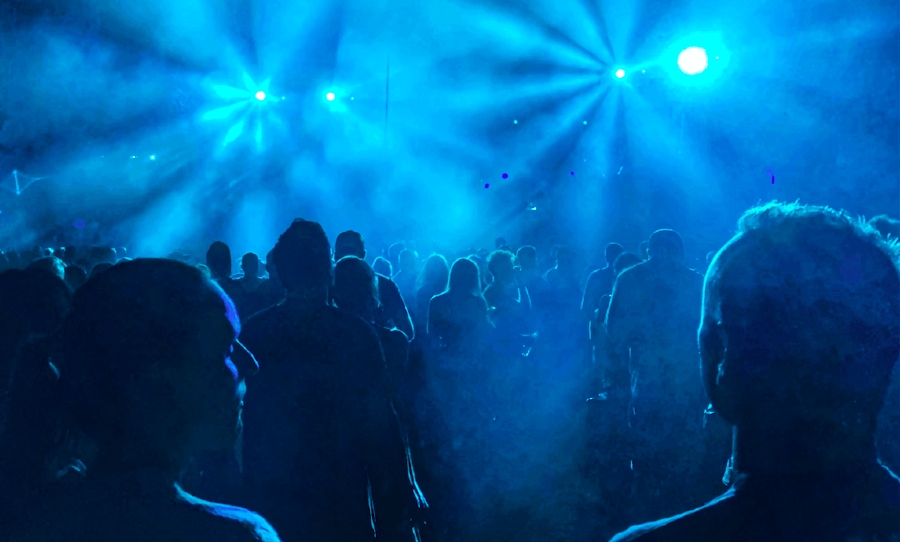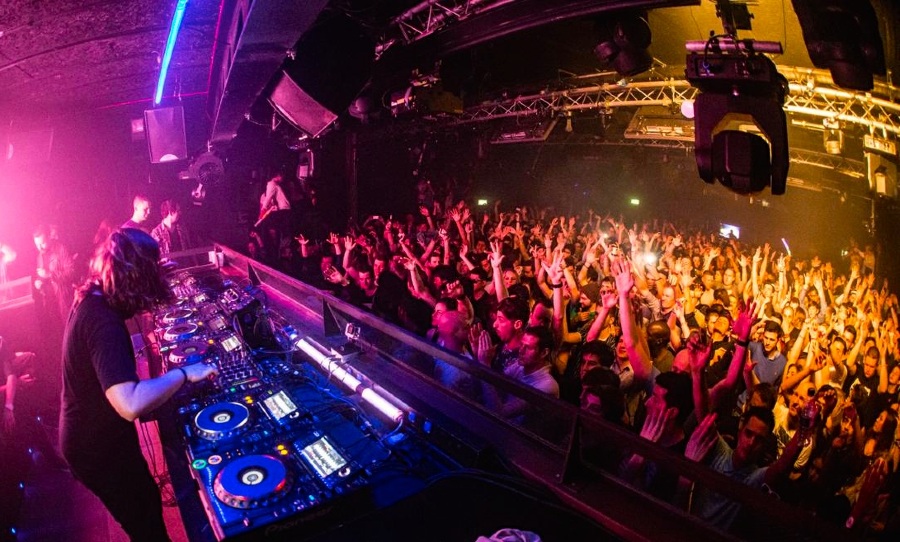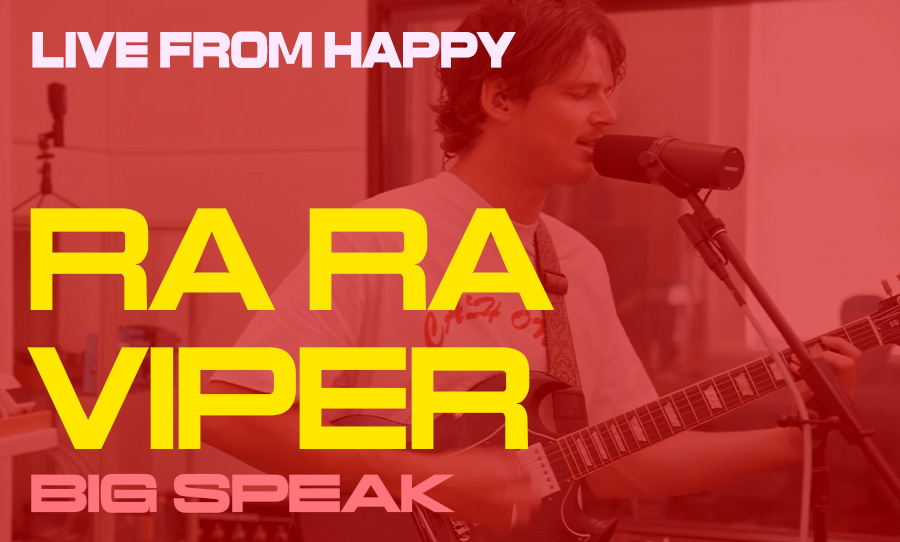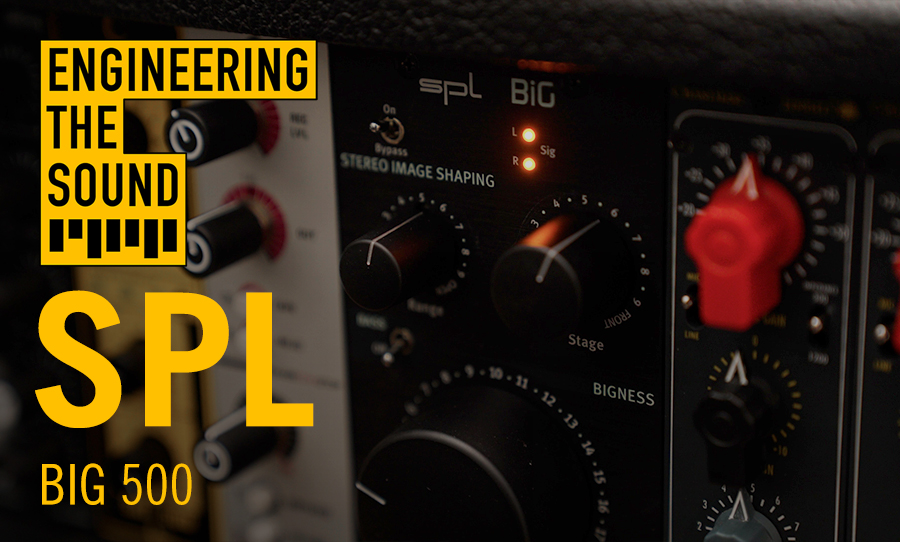The decision comes after a year-long campaign by activists to protect nightclubs and live music venues in Germany.
Last Friday, Germany’s Federal Parliament voted in favour of reclassifying night clubs and live music venues as ‘cultural institutions.’
Previously, clubs were considered ‘entertainment venues’ alongside brothels, casinos and arcades. This historic decision will allow clubs and live music venues to be better protected from gentrification, urban development and investors.

The Parliamentary Forum for Club Culture and Nightlife at the German Bundestag (Parliament) were at the frontlines advocating for change to the outdated law.
The forum argued that nightclubs deserve the status of ‘cultural institution’ due to their intersecting aspects of social, creative, and financial significance.
“Clubs are an important part of the cultural and creative industry. (They are) entrepreneurial, cultural, social, and architecturally open spaces that invite you to experiment, encounter, and experience,” the Forum said.
Clubs are an important part of German nightlife and leisure, boasting an annual turnover of 1.1 billion euros.
This past year, the lockdown has proven to be a major problem as clubs have been forced to close down for long periods.
This should of happened in London in the early 00’s. Now so many nightclubs we were raised in have been demolished. https://t.co/2ckgk5fFBZ
— JoE (@JoeWozHere) May 8, 2021
However, the change to classifying them as “cultural institutions” place them in the same status as museums, Opera Houses, concert halls and theatres. The decision is one that had been supported by German political parties such as The Greens, The Left, the Free Democratic Party, and the Social Democratic Party of Germany.
Pamela Schobeß, the CEO of LiveKomm – a chain of music venues operating in Germany – said in a press release that Bundestag’s landmark decision was well overdue, and commended the newfound potential to combat gentrification in areas known for their nightlife.
“The Bundestag is sending a strong and long overdue signal to the republic,” she said.
“Music clubs are cultural institutions that shape the identity of city districts as an integral part of cultural and economic life…Now an outdated law is to be adapted to reality.
“This helps to keep cities and neighbourhoods alive and liveable, and to protect cultural places from displacement.”
Compare & Contrast:
The day Britain’s Education Secretary advocates a 50% funding cut to arts subjects at universities, Germany announces clubs & live music venues will now be aligned with theatres, operas, museums & concert halls as cultural institutions.https://t.co/XvDnCiYvfg— The Tories Made Me German (@WyndhamWallace) May 6, 2021



